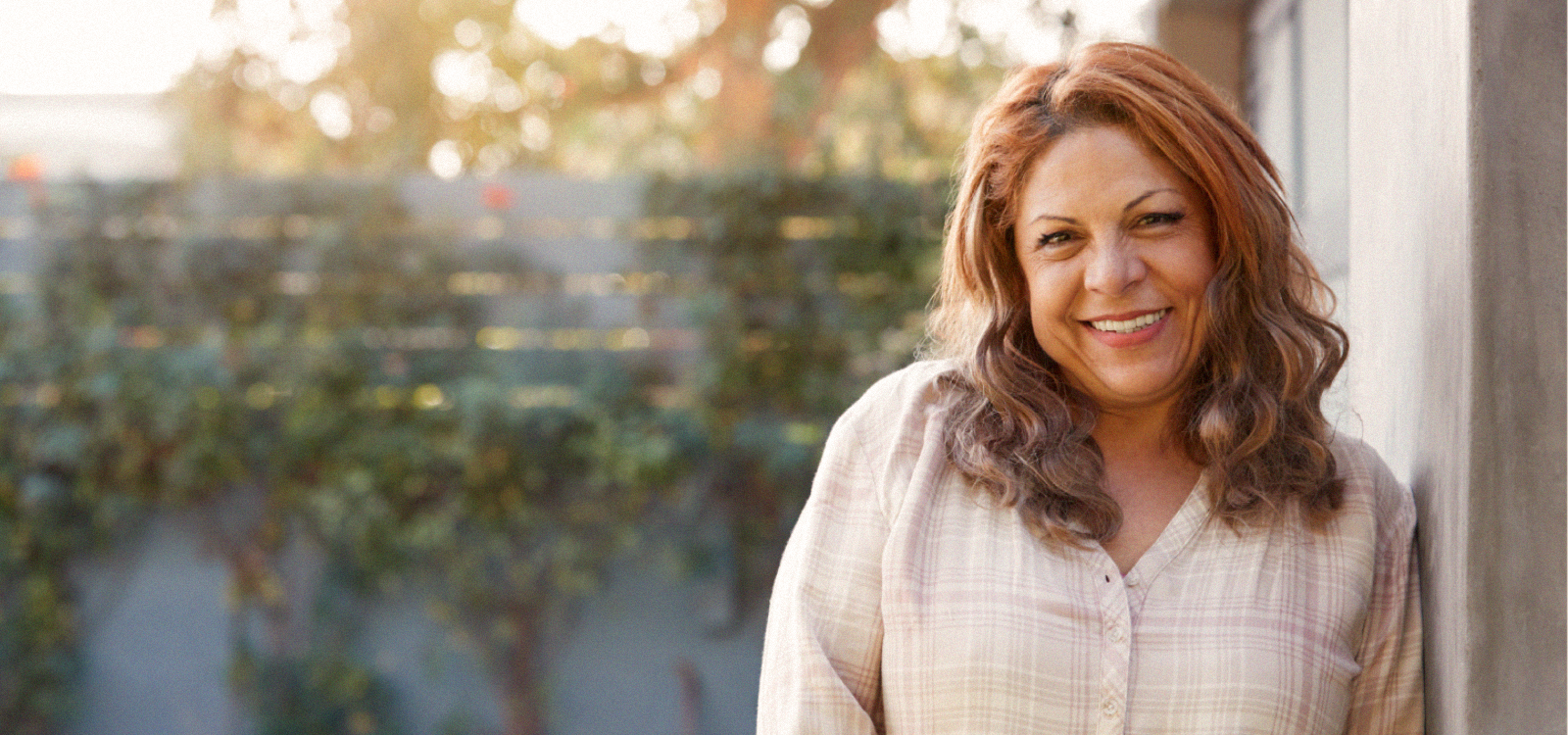
Protection from Abuse and Neglect
As a guardian, it is your responsibility to protect the dependent from harm. In many respects, you function as the eyes and ears for the dependent. One of the most important things you can do is establish and maintain ongoing communication with the key people involved in the dependent’s care. Always ask for up-to-date information regarding the dependent’s personal and healthcare needs. Keep on top of how much supervision or guidance the dependent needs. Pay attention to signs of possible neglect or abuse the dependent may be being subject to in a residential care facility or home.
Indicators of physical neglect and/or abuse:
Self-reports of abuse or rough treatment
Broken bones, fractures, internal injuries, cuts, or open wounds
Bruises in unusual areas
Indicators of sexual neglect and/or abuse:
Self-reports of being sexually assaulted, abused or raped
Extreme agitation when bathed, changed or examined
Unexplained bruising or bleeding in genital area
Indicators of emotional neglect and/or abuse:
Self-reports of being verbally mistreated
Emotional agitation with no apparent cause
Observation of anyone treating the dependent as a child, shaming or ridiculing, or treating them with contempt
Indicators of caregiver neglect:
General fear of a specific caregiver
Dehydration, malnutrition, untreated bedsores, or poor personal hygiene
Threats, rough handling or scolding
If, as the guardian, you observe any signs of possible abuse or have reason to believe the dependent is not being appropriately cared for, do the following:
Investigate what’s happening.
Take appropriate steps to ensure the situation is corrected.
File an abuse report with the appropriate authorities.
Disclaimer: Advocord does not provide legal representation and no attorney-client relationship exists between Advocord and its subscribers. The Content is not intended to and does not constitute legal advice and no attorney-client relationship is formed. The accuracy, completeness or adequacy of the Content is not warranted or guaranteed.
